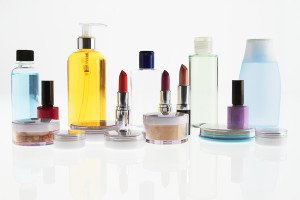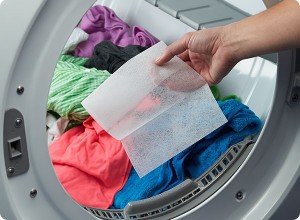Coke bottles may require cancer warning label if drink ingredients not changed
3 min read
(NaturalNews) Back in January, the state of California added to its list of cancer-causing chemicals an ingredient commonly used in flavored soda beverages, which has sent major shockwaves throughout the processed food industry. And according to numerous reports, Coca-Cola, PepsiCo, and even Whole Foods are having to alter their soda beverage recipes in order to avoid being required by the state of California to label their products as causing cancer.
The cancer-causing chemical in question is 4-methylimidazole, or 4-MI, a byproduct formed during the production of caramel color, an additive commonly used in processed cola beverages. According to the Center for Science in the Public Interest( CSPI), caramel color produced using ammonia or ammonia-sulfites creates both 4-MI and 2-MI (2-methylimidazole), which have been shown to be carcinogenic.
CSPI last year petitioned the U.S.Food and Drug Administration(FDA) to remove its “Generally Recognized as Safe” (GRAS) status from caramel colors produced in this way, but the FDA refused, insisting that caramel color with 4-MI is safe. But Californians apparently believe otherwise, as they overwhelmingly voted to have 4-MI added to the list of toxic substances covered under California’s Safe Drinking Water and Toxic Enforcement Act of 1986, also known as Proposition 65.
As a result, corporate beverage giants are having to change the way they produce caramel color in order to maintain levels of 4-MI that are below the threshold limit. In the process, they are having to spin the story publicly to make it seem as though 4-MI is not dangerous, and that altering the beverage formulas will not change the taste, color, or consistency of their beverages.
But a 2008 study published in the journal Archives of Toxicology found that 4-MI is toxic, and that it is linked to causing clonic seizures, hyperactivity, impaired gait, chronic inflammation, focal fatty change in the liver, carcinoma, leukemia, and adenoma, among other conditions. The study essentially confirmed that 4-MI is carcinogenic.
If it is possible to make caramel color without 4-MI, why have beverage producers continued to knowingly produce the toxic variety?
In a public statement, Coca-Cola denied that 4-MI is carcinogenic, and openly called the cancer warning mandate “scientifically unfounded.” But the science speaks for itself, particularly in beverage products made by Coca-Cola and PepsiCo that have been shown to have high levels of both 2-MI and 4-MI. CSPI covered this extensively in its petition to the FDA.
It is no big secret, in other words, that 4-MI is an “undesirable” byproduct of the caramel color manufacturing method long-used by both Coca-Cola and PepsiCo. And yet these companies have continued to rely on this method, despite obvious awareness about its toxicity, even though less-toxic methods were most obviously a viable alternative.
The CSPI report names Coca-Cola, PepsiCo, Dr. Pepper Snapple Group Inc.’s Dr. Pepper, and Whole Foods’ 365 Cola as having unsafe levels of 4-MI that will have to be reformulated. The same report says the amounts of 4-MI contained in these beverages before the reformulation is responsible for causing roughly 15,000 cancers in the U.S. every year.
Related links: http://www.independent.co.uk
Source: http://www.naturalnews.com/036074_coke_cancer_warning_ingredients.html#ixzz1wvUGgIKP






